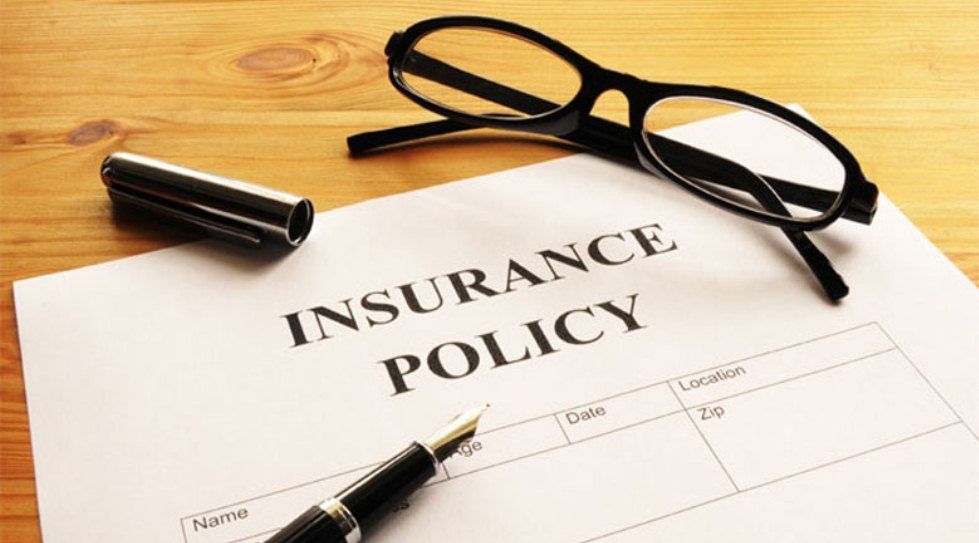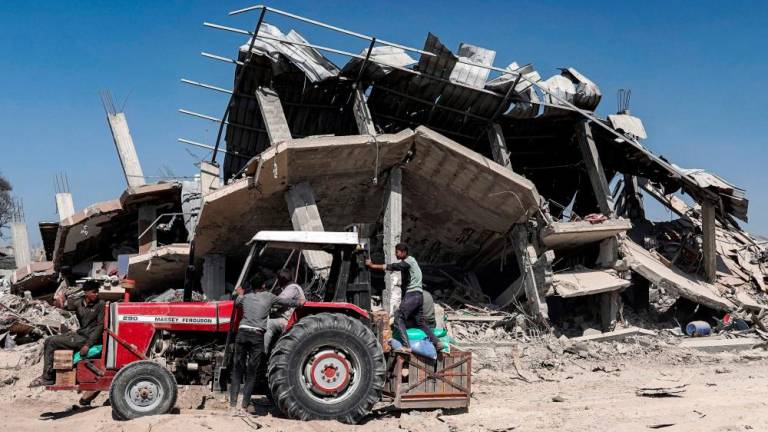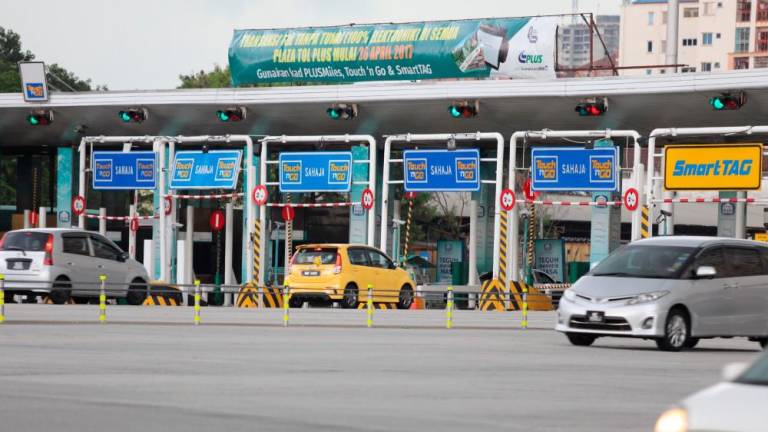PETALING JAYA: The insurance sector is expected to stay resilient despite the considerable economic impact of the Covid-19 pandemic, thanks to the strong capitalisation of insurance players, according to RAM Ratings’ Insurance Insight commentary.
It pointed out that as at end-December 2019, the life insurance and family takaful sectors’ preliminary capital adequacy ratio (CAR) stood at a strong 207% – equivalent to 1.6 times the minimum requirement.
Similarly, the general insurance and takaful sectors boasted robust CAR of 283%.
“The strong capitalisation of insurance players is anticipated to sufficiently cushion the impact of heightened financial markets volatility as well as higher capital charges amid low interest rates and mounting credit stress,” it said.
Even the impact from life insurance policyholders and family takaful participants having the option of deferring regular premium payments for three months should be manageable for industry players.
However, the ratings agency said downside risks still remain as there is a high degree of uncertainty over the momentum of the coronavirus’ spread and its ultimate global peak.
RAM’s co-head of Financial Institution Ratings Sophia Lee said the mounting risks arising from more volatile financial markets and heightened credit stress amid the economic downturn will affect the insurance industry.
“However, most insurers have been conservative in their investment strategies, with the bulk of these asset constituting highly rated bonds. The equity portfolios of the top 10 life and general insurers, which account for over 90% and 70% of their respective industries by assets, stood at just 15% and 3% of their respective overall invested asset portfolios as at end-June 2019,” she said.
A protracted low interest rate environment will also put pressure on life insurers’ capital adequacy.
Despite near-term growth challenges, RAM expects the life business to be supported by Malaysia’s favourable demographics and healthy demand for medical coverage in the long run, further lifted by significant medical cost inflation.
Meanwhile, the contraction of general insurance premiums is expected to be more pronounced in 2020, taking into account the challenging economic conditions and the gradual effects of tariff liberalisation for the motor and fire segments.













